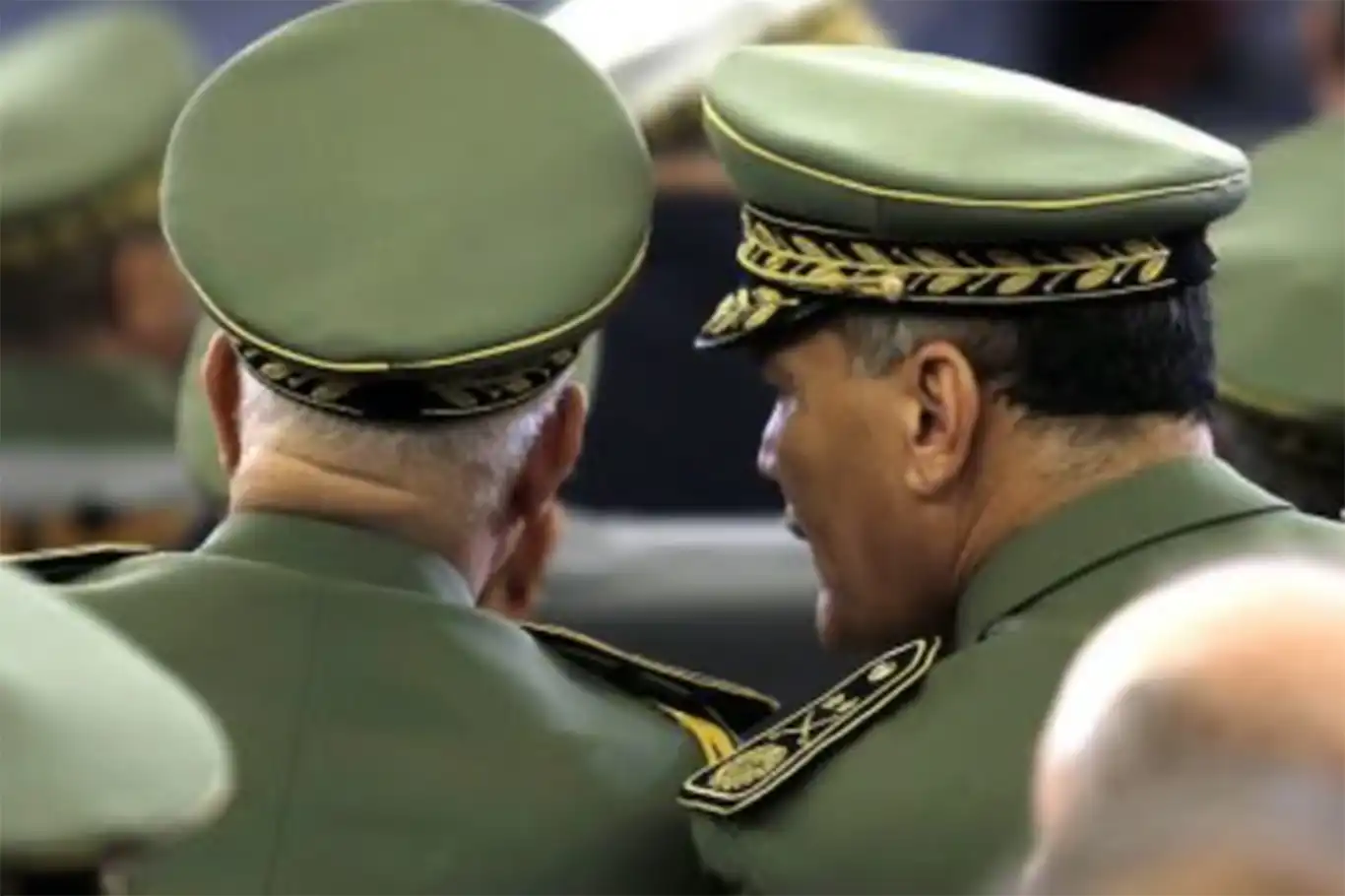Algeria expands military influence in civilian government


Algerian President Abdelmadjid Tebboune has issued a new decree allowing active and retired military personnel to hold high-level positions in civilian public administrations.
This move is seen as a significant step towards strengthening military influence in the country's governance.
The decree, signed by Tebboune in his role as both President and Defense Minister, grants colonels and senior officers the opportunity to occupy strategic positions within sensitive sectors related to national security and vital interests.
The decree, seen as a major shift in the structure of Algerian public administration, permits colonels and senior military officers to assume high-level positions in strategic and sensitive sectors that are crucial to the country's sovereignty and vital interests.
Among the key provisions of the decree are several notable points. Active and contract military personnel can now apply for delegation to work in civilian public administrations. The decree grants the authority to appoint colonels and senior officers to high-level positions within the state. The Ministry of Defense will continue to manage the career paths of these delegated military personnel, including their promotions, medals, and training. Additionally, delegated military personnel will receive financial privileges and services from their future civilian administrations. The duration of the delegation is set for one year, renewable for a maximum of three years, with the possibility of extension with the approval of the Minister of Defense.
Observers believe that this step represents a major transformation in the structure of Algeria's public administration. It opens the door for military personnel to control sensitive civilian positions, potentially leading to an increase in military influence in political and administrative decision-making processes.
These developments come in the context of what some analysts describe as a growing trend towards the militarization of the Algerian state. The military's influence is expanding into areas traditionally under civilian control, suggesting a broader strategy to consolidate power within the military establishment. This trend raises concerns about the balance of power between military and civilian institutions in Algeria and the implications for democratic governance in the country. (ILKHA)
LEGAL WARNING: All rights of the published news, photos and videos are reserved by İlke Haber Ajansı Basın Yayın San. Trade A.Ş. Under no circumstances can all or part of the news, photos and videos be used without a written contract or subscription.
Mawlavi Zabihullah Mujahid, spokesperson for the Islamic Emirate, announced that significant progress has been made in addressing addiction and social welfare challenges across the country during 2025.
Hamas has reaffirmed that the voice of the Palestinian journalist will remain stronger than the bullets of the Israeli occupation, stressing that Israel’s systematic crimes have failed to silence the truth or erase the Palestinian narrative.
Israeli occupation authorities have informed 37 international humanitarian organizations that they will be prohibited from operating in the Palestinian territories beginning January 1, 2026.
European Orphan Hand (Avrupa Yetim Eli), which has been continuing humanitarian relief efforts in Sudan, has provided food parcel assistance to civilians who fled the war and sought refuge in displacement camps, following earlier distributions of hot meals and blankets.